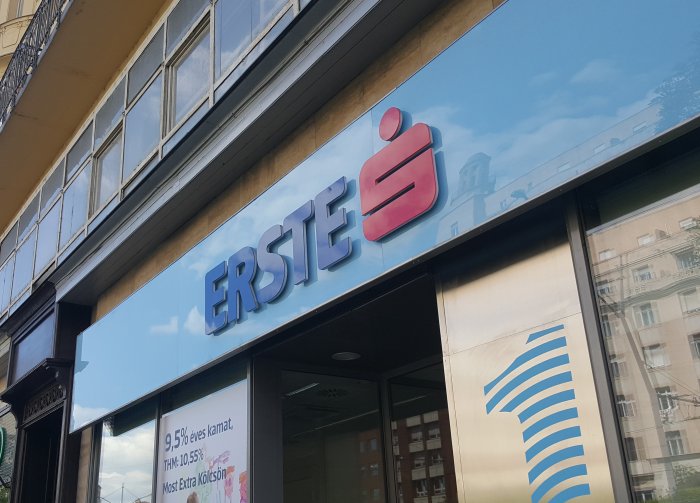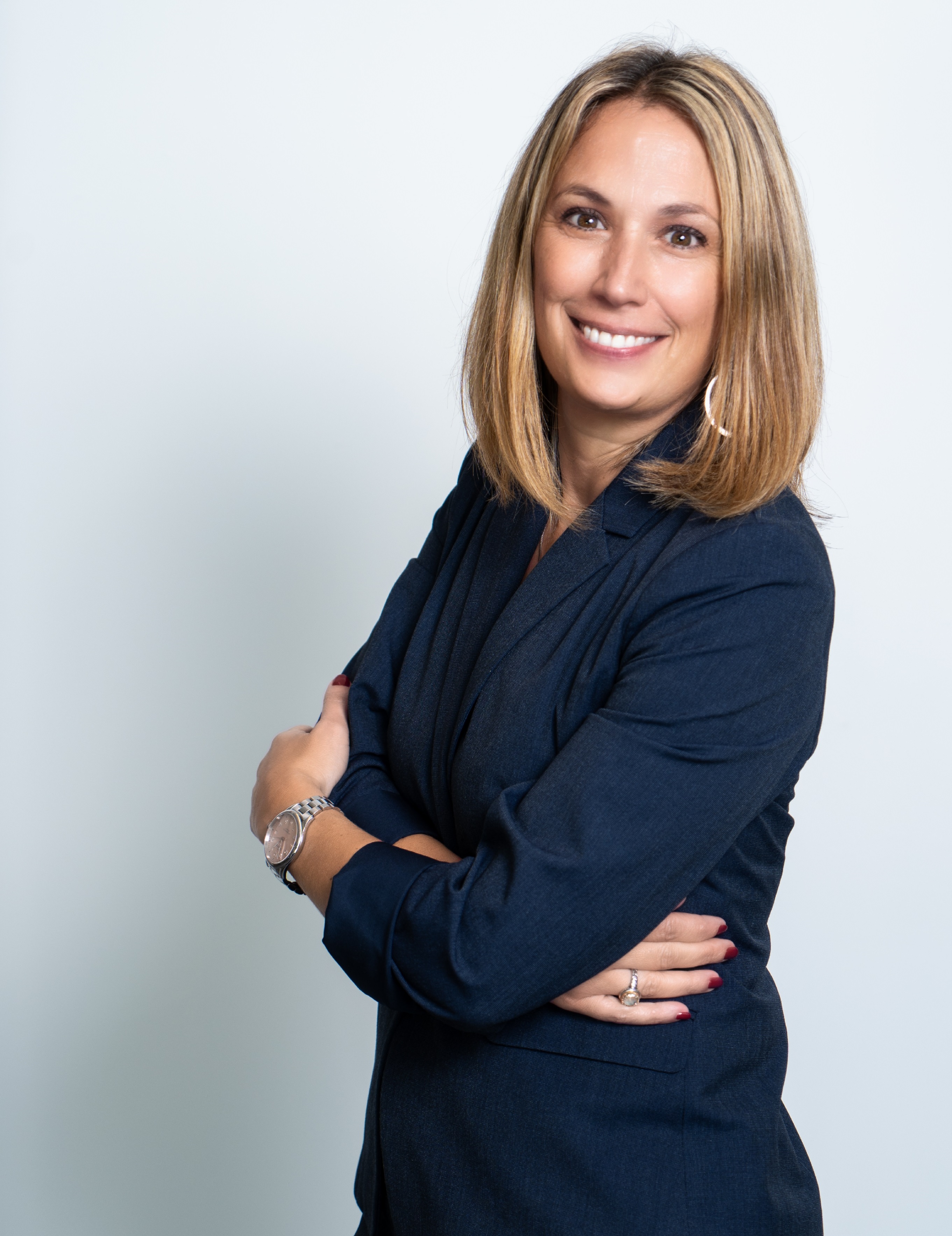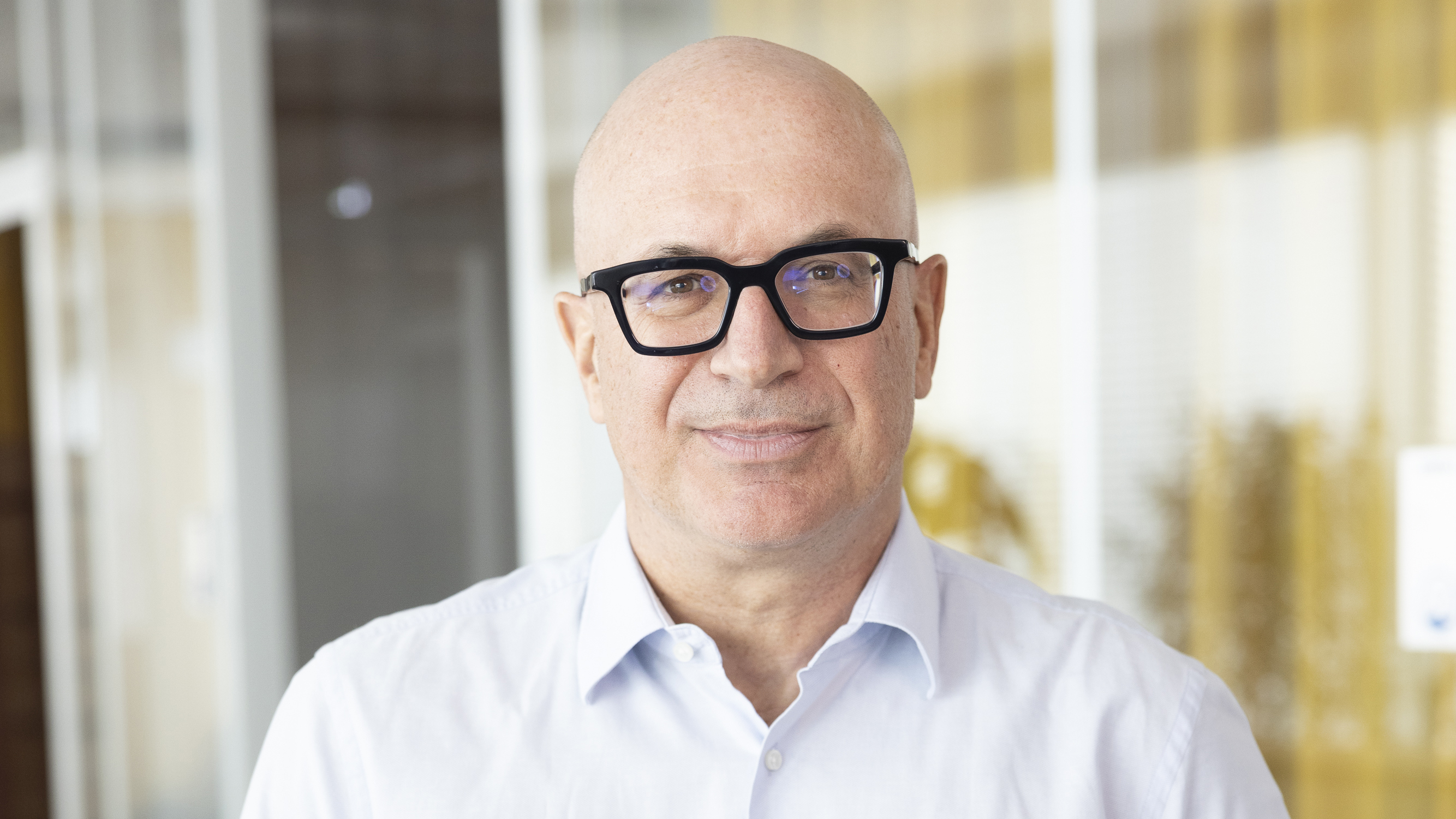ESG, Sanctions Keeping Budapest Law Firms Busy

Photo by Mongta Studio / Shutterstock.com
Following a long-standing tradition, we asked a number of leading law firms to give us their take on the legal market in Hungary, addressing the critical themes affecting their work and their clients.
BBJ: How would you describe the state of the legal market in Hungary today, and how has this»changed? Is the market stable now, or might we see either consolidation or new entrants?
Erika Papp: We have seen some new foreign investors enter the Hungarian market in the last year, and Asian investors are showing greater interest in the country. In addition, the energy market has soared while the number of restructurings fell short of expectations. Applied legal tech services are highly sought after by clients, and typically, law firms like CMS, with an extensive multinational network, have the apparatus that allows them to be a leader in the legal tech world.
Gábor Király: Anticipated economic turbulence is expected to drive consolidation within the legal market. In parallel with this, specific segments of legal practice, such as restructuring and dispute resolution, will gain momentum, offering new opportunities for market players.
Ákos Fehérváry: There were no significant changes in the last few years. The effects on the Hungarian market of the fresh A&O Shearman merger are yet to be seen, but I do not expect significant shifts in the market in the near future.
Kristóf Ferenczi: The Hungarian legal market is stable and predictable, while smaller boutique firms continue to emerge. In this highly competitive environment, we do not expect significant new entrants other than looking with interest at the contemplated creation of A&O Shearman.
Csongor Tompa
Katalin Szamosi: The economic crisis and the high inflation have a very adverse effect on companies’ financial situations. Therefore, the available funds for legal expenses are decreasing, and managers consider thoroughly if they want to engage lawyers. This means fewer mandates and reduced fees. Law firms have to cut their spending because, besides the reduced income, the crisis affects them too.
András Szecskay: We see a growth opportunity in ESG work because the scope of the developing EU regulation framework now extends not only to financial institutions and listed companies but also to their suppliers. Therefore, we see a lot of potential enforcement against clearance/greenwashing/social washing claims. Also, we expect more work related to supply chain contracts.
Zoltán Faludi: The legal market concerning international players has been very stable for the past few years, and I don’t anticipate any change in this respect. There have been, of course, a few boutique and local firms popping up or closing, but these have no significant effect on our clientele or workload.
BBJ: What percentage of your workload is taken up with ESG compliance, and how do you see this developing?
Csongor Tompa: ESG is very important for our law firm, especially regarding green financing, green bonds, etc. Generally, we see more ESG-related work, but the market is still forming.
EP: ESG compliance accounts for 10-15% of our aggregate compliance and regulatory-related workload. However, ESG will increasingly influence companies and decision-makers due to the recently adopted corporate sustainability reporting directive (CSRD) to be implemented into Hungarian law in 2024. Furthermore, as the corporate sustainability due diligence directive (CSDD) moves towards official adoption, we expect increasing client requests to help with ESG compliance.
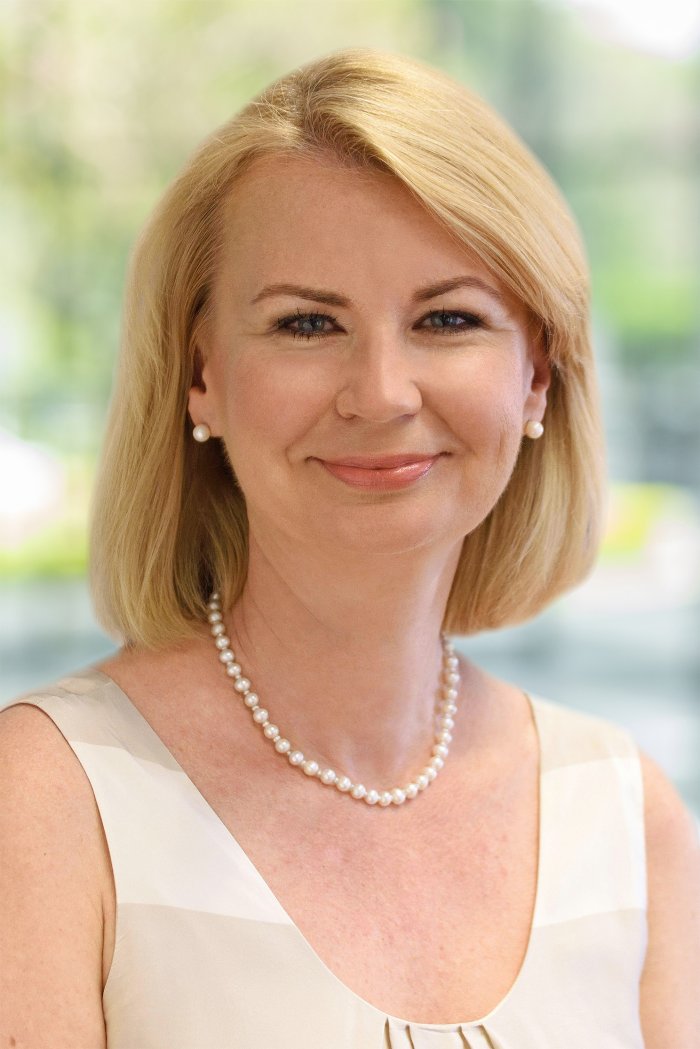
Erika Papp
GK: Due to new EU-wide regulations, ESG compliance work is gaining significance in the legal market, especially in the real estate and financing sectors. The regulatory landscape surrounding ESG is evolving swiftly, with a steady stream of new mandates being introduced; therefore, ESG issues are now at the forefront of corporate thinking, presenting risks and opportunities.
ÁF: ESG is one of the current hot topics, which affects every industry and practically every field of the law. Some sectors and clients are more advanced in this process, while others are currently picking up, and we lawyers must help clients understand where, why, and how ESG may be relevant for them.
We see a rapid increase in client interest and expect a significant volume of related work in the coming years.
BBJ: 2022 was another record year for FDI inflows. How supportive is the Hungarian legal environment to foreigners for establishing and doing business here? Are there any bottlenecks you would like to see removed?
CsT: The FDI screening mechanism introduced in response to the COVID-19 pandemic makes transactions with foreign investors much slower. The rules are difficult to interpret, and minimal case law is available, so we must be cautious. Also, with the state of emergency powers of the Hungarian government, the overall legal framework is in constant change, which makes the climate more uncertain.

Gábor Király
KF: Hungary has for long been proactively supporting foreign direct investments, including providing financial support measures, as well as special regulatory regimes to ease licensing and permitting procedures’ burdens for projects of significance for the Hungarian economy. As a result, investments have been ramping up in, for example, the automotive, IT, and battery sectors. In our practice, we see a continued inflow of foreign investment from Southeast Asian countries, which we are responding to in part through our dedicated “Chinese desk.” FDI control has become an active service line, where we see that under the current local FDI regime, approval requirements may arise for certain transactions even if the ultimate ownership structure does not otherwise change (e.g., in the case of certain intra-group restructurings). In such cases, approval requirements may create an additional administrative burden and delay the efficient implementation of reorganizations.
KSz: We do not consider the years 2022 and 2023 suitable legal environment for foreign investments, except the ones classified as a priority investment by the government.
ASz: The legal environment is getting increasingly rigid in this regard, but this is not Hungary-specific. We see the same trend across Europe and overseas. In general, investors are welcome. But under the current political and economic framework, screening has become a necessity. The process could be improved with more transparency of the case handling, which would enable the parties to plan the transaction schedule better, and a pre-clearance or consultation options. Civil organizations and chambers of commerce are lobbying for greater transparency, but we must live with the fact that this is a screening process to protect national security. Therefore, the absence of complete legal certainty will always remain an issue.

Ákos Fehérváry
ZF: Hungary’s FDI screening control mechanism and the related regulatory framework have undoubtedly created an air of uncertainty, and it is still constantly evolving; this topic needs to be addressed during any transaction. The screening mechanism, while by no measure unprecedented, does appear to be somewhat overarching. For example, it treats intra-EU and extra-EU investments the same, which might be more stringent than its original purpose. Nevertheless, we see that the investors’ appetite is steady and robust. I believe it’s all a matter of balance between predictability and transparency, measuring the effects of governmental interference and activity in the short term against the long run.
BBJ: Hungary and the EU seem to be inching toward an agreement on judicial oversight. When do you think this will be resolved? Should it have taken this long?
GK: We are not able to exert influence over EU regulations. According to independent projections, the market may anticipate changes by the year’s end.
KSz: As Hungary now has a bad reputation in the rule of law, the EU will be stringent during the negotiations. Mere commitments will not be enough. Actual and effective legislation will also be expected, and the new regulations should work in practice. This is why it has taken so long, and this attitude of the EU is not new; the earlier actions of the government have established it.
BBJ: As the war in Ukraine has progressed, sanctions have tightened. Is there an understanding in the market of what is required? How significant is this area of work for you?
CsT: We see a strong emphasis on sanctions from many sectors, particularly where finances are involved. We receive more questions related to the application of sanctions to a particular situation. We expect that there will be more sanctions-related work if the sanctions remain in place, which is likely.

Kristóf Ferenczi
GK: The tightening of sanctions amid the progressing war in Ukraine has created clear market requirements. For Dentons, this area of work holds significance, although the magnitude of legal support requests in Hungary cannot be compared to countries like Germany. Nevertheless, our extensive network ensures a steady flow of referrals.
ÁF: Clients in specific sectors had to get familiar with the new sanctions very quickly. The related environment is very complex and is in constant flux. We have been advising many clients regarding major issues, where our multijurisdictional expert teams can provide comprehensive help regarding all countries and sectors affected.
KF: In parallel with the escalation of Russian aggression against Ukraine, the range of international sanctions has also continued to expand, impacting the operations of all companies, including law firms. Our daily operation has become even more rigorous in terms of risk and compliance, and our client onboarding process has become considerably deeper. We also see a noticeable increase in client inquiries related to the dynamically changing sanctions regimes, making legal advice in this area an intrinsic part of transactional legal work.
BBJ: Are the needs and expectations of Gen Z changing the way you work? And generally, how flexible is your office approach? Do you favor hybrid work, or do you want your lawyers in the office as much as possible?
EP: Not just for Gen Z, but in general, there is a need for flexibility in how people work and to offer hybrid working. What used to be an advantage is now a market requirement. Our office fully supports hybrid working with a 50/50 office and home split.
Our experience is that being in the office ensures more effective professional development and collaboration and provides social connectivity.
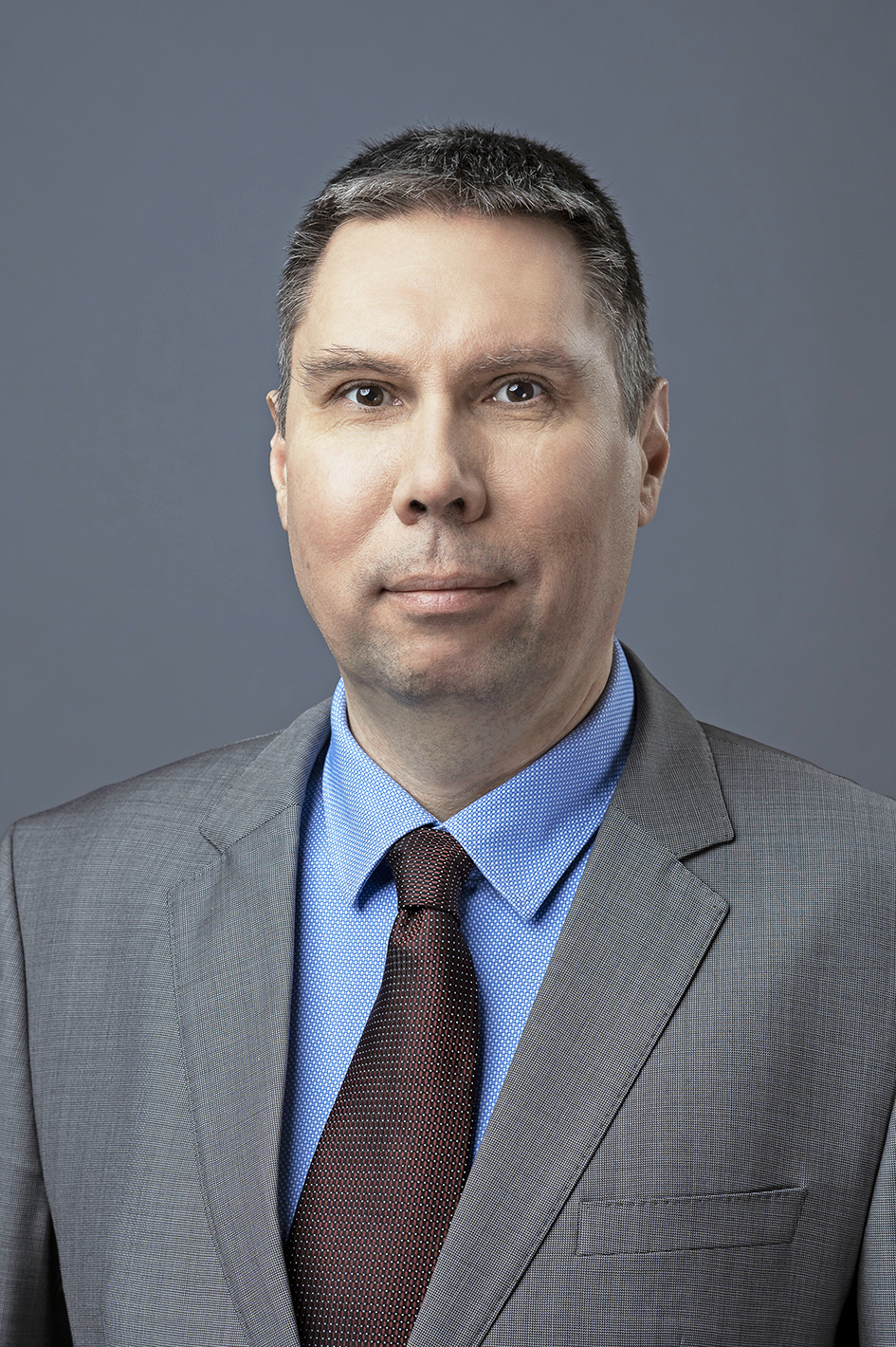
István Szatmáry
GK: The needs and expectations of Gen Z have indeed influenced how we work. While our office approach remains essential for the specialized nature of the legal market, we recognize the importance of flexibility. Gen Z has expressed a desire for personalized mentoring and training, and we strive to balance this with a flexible work environment.
István Szatmáry: The needs and expectations of Gen Z are changing the way we work and the way we organize work. We should also consider the post-COVID reality. It is yet to be seen what impact this will have on our daily routine, but employers must take a very flexible approach regarding applicable working methods. There is no “one size fits all” solution, and the more sophisticated the approach you take in connection with your employees, the more chance you have to (re-)invent new working standards that are satisfactory for people in different positions. We also see the need for inclusion: our colleagues want to be actively involved in the discussion on these topics, and we encourage them to have a say.
KSz: Gen Z shares the mutual experience of online high-school education because of COVID restrictions. This affects their attitude and expectation for university education or workplace conditions. We provide the possibility of hybrid work, but we want our lawyers to spend a few days in the office every week. Of course, if justified, fully remote work can be arranged for shorter periods.
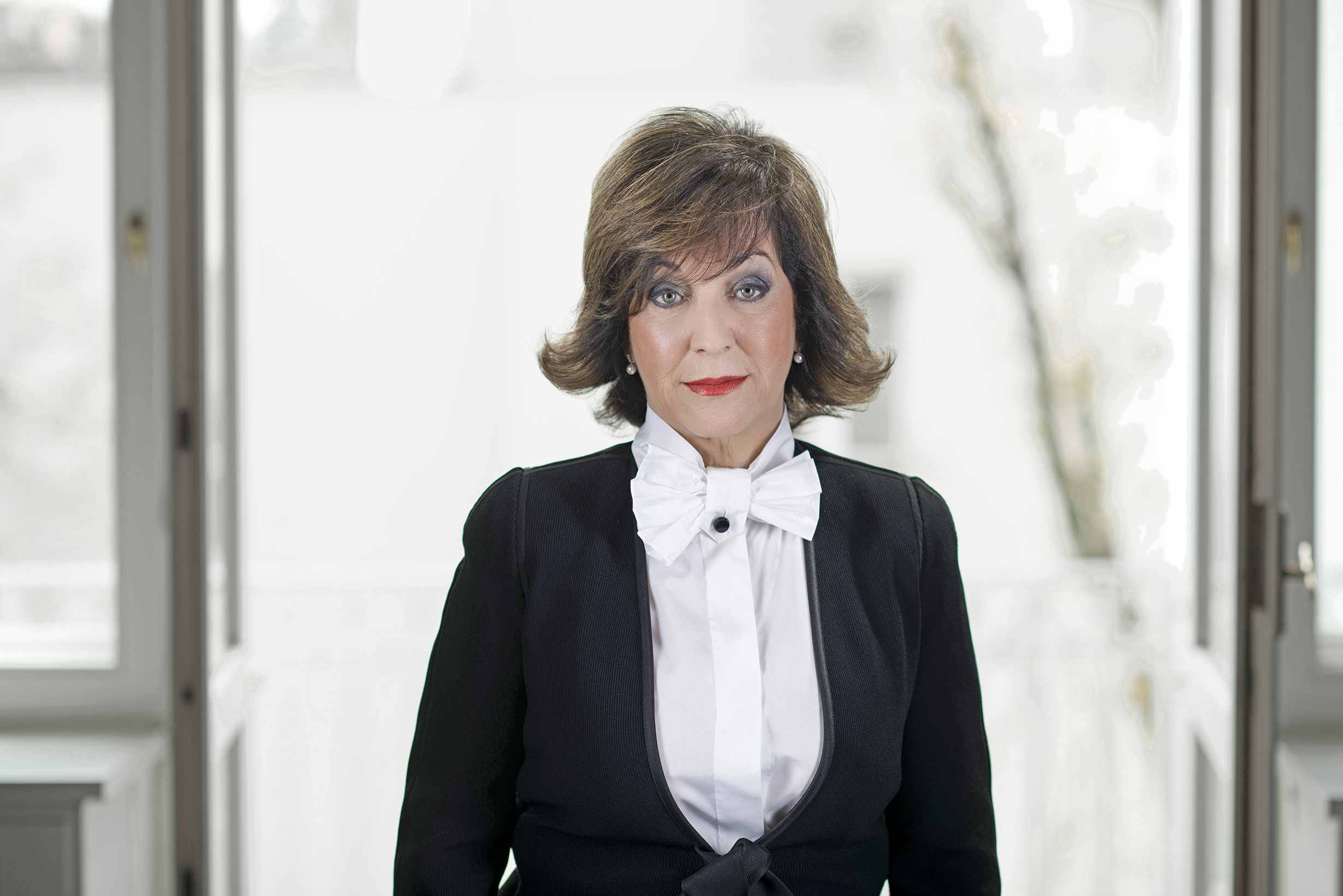
Katalin Szamosi
BBJ: Do you have any concerns about maintaining the legal talent pipeline? Are there enough students studying law?
CsT: The search for new talents is quite difficult, but at Bird & Bird, several colleagues are teaching the practical aspects of the legal profession at universities, and the Dr. Nagy László Magánjogi Érvelési Verseny is our regular event. This moot competition allows law students to show their legal reasoning skills in real-life situations and compare their talents in a professionally well-prepared and playful competition. The competition is also an opportunity to honor the memory of a brilliant lawyer, Dr. László Nagy, who died young in 2013.
EP: The legal talent pipeline in Hungary is well-established, with many talented, committed, and enthusiastic young professionals. However, competition for these candidates is extreme. We want to contribute to helping legal talent, which is why we regard our collaboration with universities and student associations as very important.
ÁF: Thanks to our intern program, our pipeline is always healthy, and we have not faced any difficulties recently. We do our best to stay connected with law students. One of the best platforms for this is our award-winning competition, The New Lawyer Challenge. Law students have to leave their comfort zone and deal with practical challenges and new areas, and the winners get the opportunity to intern with us. In addition, we support ELTE’s highly successful team for the Jessup International Law Moot Court every year.
KF: In terms of Hungary’s legal education, as it has been voiced for several years, it would be timely to move the focus from theoretical teaching towards more practical knowledge transfer and more training in practice. This would substantially enhance the new graduates’ understanding of the legal professional work they will be asked to perform at actual workplaces. From our side, we help university students gain the necessary insight into our work through our paralegal program, which also helps with the early identification of talent for our firm.

András Szecskay
ISz: It has never been a question that there are enough students studying law; the real question is how you identify legal talent early enough and how you attract them to your brand. This requires more intense use of informal channels than at any time before. Once you have identified and hired young and talented lawyers, the next challenge is to keep them motivated. In the 21st century, motivation is not only about remuneration; it is much more about the working environment you offer, and it is very connected to how you organize work and the overall office climate. Treating your team fairly and equitably under challenging situations also matters. Even if you have to pass hard decisions, fair treatment is a must. You can only earn trust if you are self-reflexive enough to consider views other than yours. The focal point of Oppenheim’s approach is to identify talent at an early stage and to offer a long-term career model. We have partners at the firm who started their practice as trainee students and remained after graduation.
ASz: We have more than enough law students and too many lawyers. If you consider Austria has 9,000 lawyers, Hungary, with 18,000 lawyers, has a very high number proportionally while our economy, on the other hand, is not as strong. In general, the legal education is good; however, it’s still difficult to find fully educated professionals with a genuine interest in the profession, adequate language skills, and the correct set of qualities to work with clients. We cannot accept an average candidate to serve our attractive international clientele. We offer exciting legal work for young lawyers; in return, we go through a strict process of filtering out the best from the wide selection.
ZF: There has never been a question of quantity but rather quality. It has always been a challenging task to spot the talented ones, but by following our HR strategy and utilizing our positive market reputation, we can attract the best-in-class young talents. Our headcount is also very stable for many years now, with hardly any fluctuation in our team.
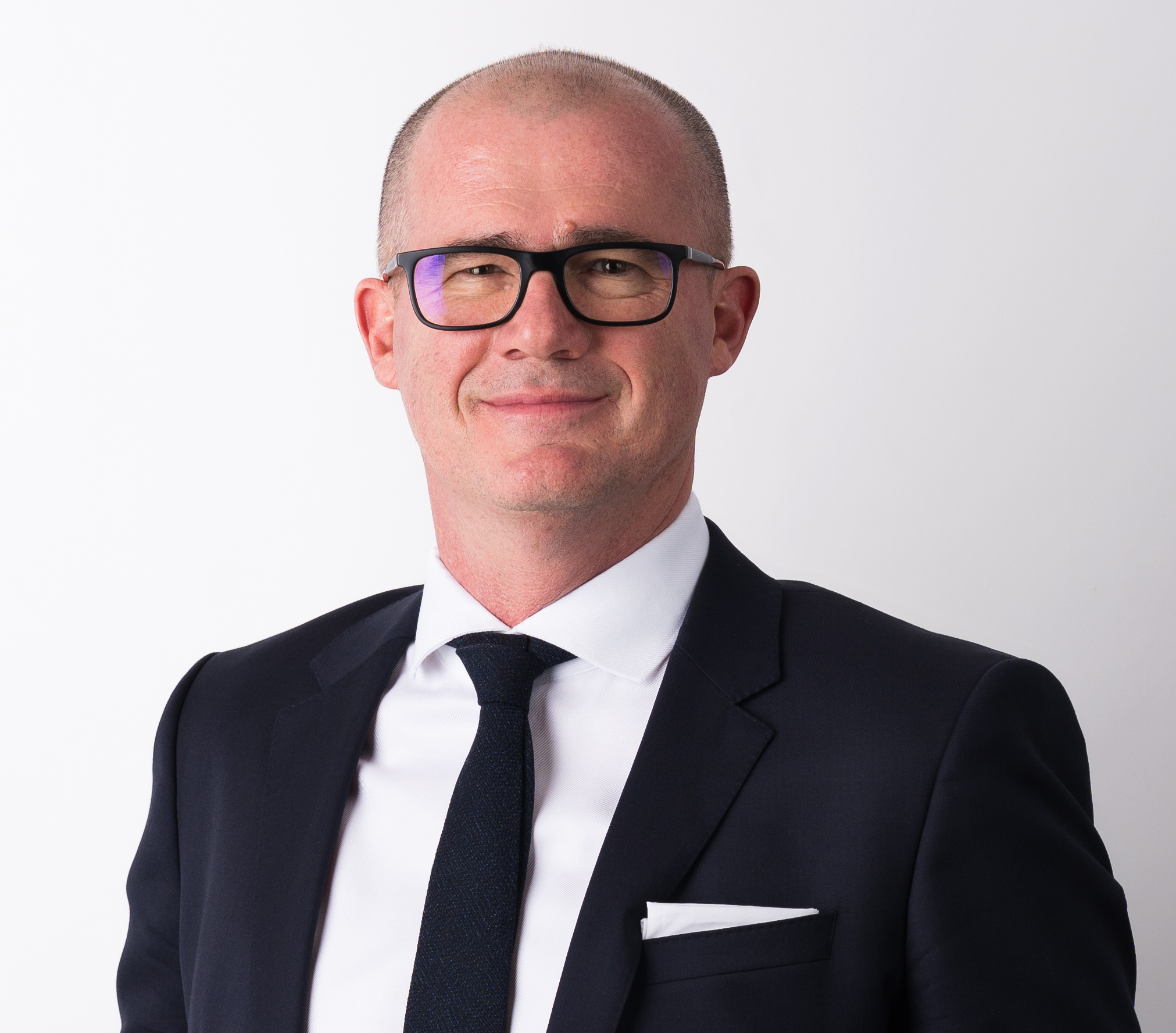
Zoltán Faludi
Our 2023 Legal Market Talk Panel
• Csongor Tompa, head of banking and finance and capital markets, Bird & Bird Hungary.
• Erika Papp, managing partner, CMS Hungary.
• Gábor Király, managing partner, Dentons Réczicza Law Firm.
• Ákos Fehérváry, Budapest office managing partner, Hegymegi-Barakonyi and Partner Baker & McKenzie Attorneys-at-Law.
• Kristóf Ferenczi, managing partner, Kinstellar Budapest
• István Szatmáry, partner, Oppenheim Legal.
• Katalin Szamosi, managing partner, SBGK Attorneys at Law and Patent Attorneys.
• András Szecskay, founder and named partner, Szecskay Attorneys at Law.
• Zoltán Faludi, managing partner, Wolf Theiss Budapest.
This article was first published in the Budapest Business Journal print issue of June 2, 2023.
SUPPORT THE BUDAPEST BUSINESS JOURNAL
Producing journalism that is worthy of the name is a costly business. For 27 years, the publishers, editors and reporters of the Budapest Business Journal have striven to bring you business news that works, information that you can trust, that is factual, accurate and presented without fear or favor.
Newspaper organizations across the globe have struggled to find a business model that allows them to continue to excel, without compromising their ability to perform. Most recently, some have experimented with the idea of involving their most important stakeholders, their readers.
We would like to offer that same opportunity to our readers. We would like to invite you to help us deliver the quality business journalism you require. Hit our Support the BBJ button and you can choose the how much and how often you send us your contributions.


